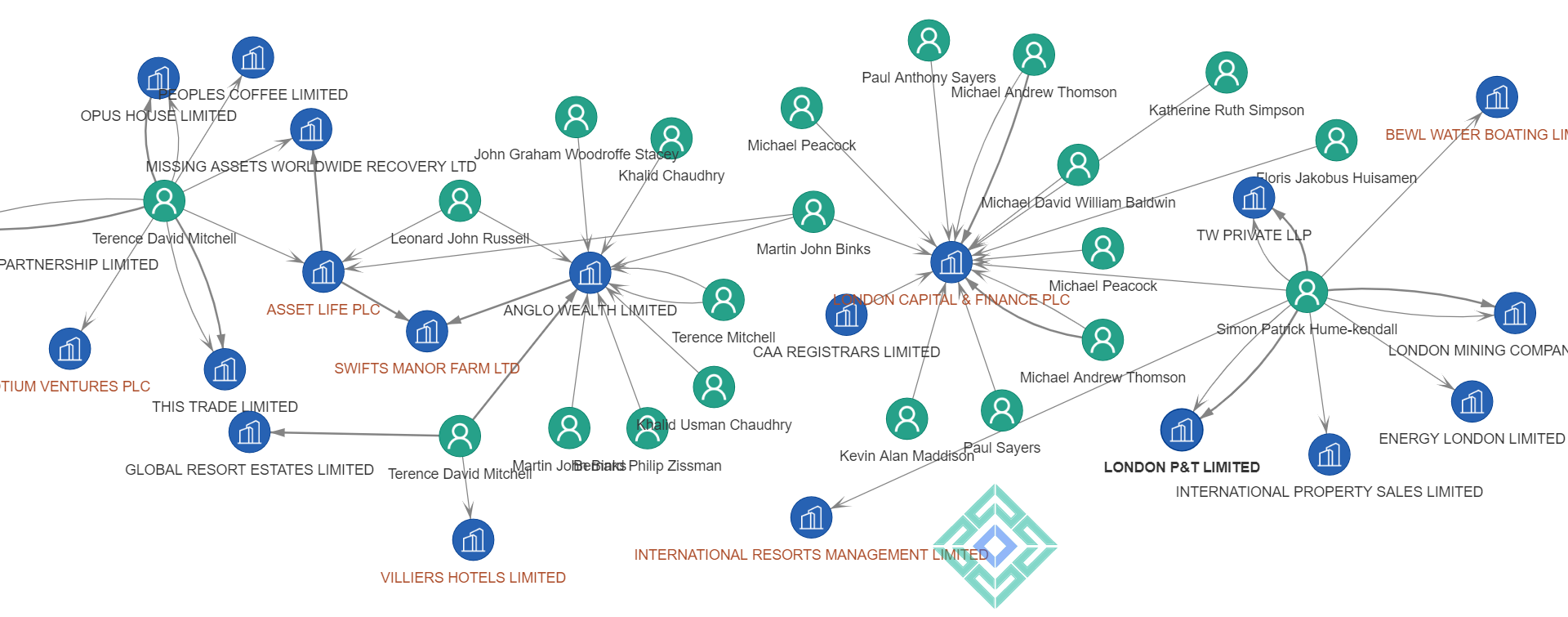
Non-fungible tokens, digital art, online marketplaces, exchanges, value-added tax… Experts highlighted investment scams as the main risk concerning the foreseeable development of NFTs. NFTs are a blockchain representation of a digital product subject in many jurisdictions to value-added tax. Are NFTs the perfect vehicle for evading Value Add Tax?
NFTs and the underlying digital art would be the perfect target for VAT fraudsters. They have low storage costs. They represent intangible assets that can be easily traded on exchanges and online marketplaces.
Online marketplaces accelerated the development and increased the turnover of digital products. Digital products are a multibillion market encompassing both web and mobile content. The sector boomed over the last decade, supported by the steady growth of the digital economy. Social media made the marketing of digital products became much more accessible. Therefore, a supplier of digital products from every point of the world can potentially conclude a trade directly or through dedicated marketplaces.
When dealing with digital monetised content, the missing trader fraud is easy to implement. NFTs traded through organised exchanges are enhancers of such scams. Some online platforms are required to check the tax liabilities of their registered traders. But, they represent only a tiny percentage of the total online marketplaces. The fact that digital products can be easily exchanged with less control from tax offices is a serious enabler for VAT evasion.
The strong expansion of online media platforms like Youtube, Instagram or Shutterstock incited the content creator to sell adds space for various firms. Content providers with millions of followers charge very high prices for their advertising space on their respective channel. Thus, a secondary market of online ads was born, whereas marketers, brokers and influencer’s trade huge advertising capacity volumes. These markets are the backbone of NFTs business. This deregulated market reaches already a few hundred million euros per year and exhibits strong growth. VAT evasion would not require much effort on these markets. A company could buy bor example, ads or digital art from overseas and sell them to a domestic company with VAT, a tax which would never be paid back. The control on such schemes would be complex. Investigating such frauds would face many technical challenges. A company based in a European country can resell domestically advertising space from an Asian provider on an American platform. Whether VAT should be charged in the country of the company or the country of the product’s destination would naturally bring a lot of debate, like in the case of VoIP and CO2 emissions allowances.
“Mistakes are almost always of a sacred nature. Never try to correct them. On the contrary: rationalise them, understand them thoroughly. After that, it will be possible for you to sublimate them.”
Salvador Dali, Spanish surrealist artist
Focus: London Capital and Finance
London Capital and Finance was a Financial Conduct Authority (FCA) authorised firm which issued ‘mini-bonds’, unregulated non-transferable debt securities. These instruments were sold to investors and then invested the funds received in a number of underlying businesses. London Capital and Finance became insolvent in January 2019, and 11,625 bondholders incurred losses above 237 million GBP.
London Capital & Finance has lent money to a few British companies that specialised in selling upregulated alternative investments to individual investors. These companies were nothing more than glorified scams, Anglo Wealth being one of those fraudulent companies. In 2018 two individual acting as directors for Aglo Wealth Ltd, Terrence Mitchell and Andrew Meikle were sentenced at Southwark Crown Court for running an investment scheme. The company financed by London Capital & Finance accepted big amounts from individuals individual but failed to make proper investments. Martin John Banks served as an officer in both LCF and Anglo Wealth. LCF was connected through its shareholders and directors to other companies that took the funding and then used it for various scams.

Focus: Binance under investigation
Binance Holdings Ltd., the world’s biggest cryptocurrency exchange, is currently under investigation by several US agencies for being allegedly involved in criminal activities. Binance is incorporated in Caymans Island and operates from its Singapore-based offices. The U.S. Department of Justice and the Internal Revenue Service have relevant evidence that the leading exchange facilitated money laundering and tax evasion. Such accusations are not new. Since its inception, the crypto-universe was under scrutiny and Bitcoin was perceived as a glorified financial crime facilitator.
Both high-street banks and a few prominent neo-banks have curtailed their clients’ transfers to Binance and other crypto exchanges. Such a ban can have unforeseen effects upon the cryptocurrencies market, pushing further down Bitcoin prices. If mainstream banks block transfer to leading cryptocurrencies exchanges, the pressure upon fintech will significantly increase as leading alternative payment providers will most likely see increasing volumes from crypto-investors. Are these fintechs ready for such a challenge?
Word on the street: Romanian mafia in Cancun
Following an extradition request issued by Romanian law enforcement, Mexican police have detained in Cancun a Florian Tudor prominent figure of the underworld, known as “The Shark”. Investigative journalists have published several reports about a so-called Romanian organised crime gang operating in Mexico. Over the past decade, this group controlled a large credit card skimming operation, targeting foreign tourists. Most victims were American citizens spending their holidays in Cancun. Thus, US law enforcement got involved, thereby accelerating the dismantling of the group.
It is highly unlikely that a foreign organisation would be able to take over Mexican cartels’ turf. Therefore, there should be another variable in this equation. “Shark”’ gang could be involved in other criminal endeavours that triggered the attention of law enforcement. It will not be a surprise if we learn that the Romanian-Mexican criminal group plays a key role in human trafficking. The resultant security problem concerning the US southern border had most likely triggered the case.